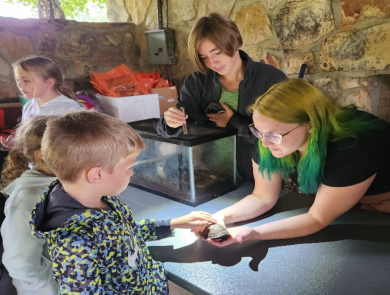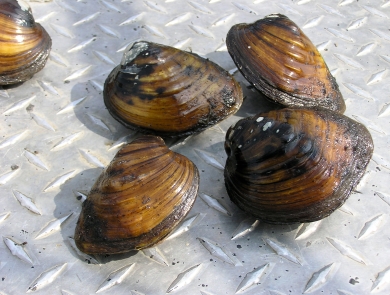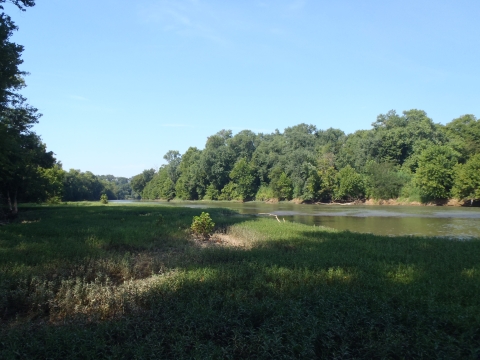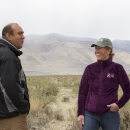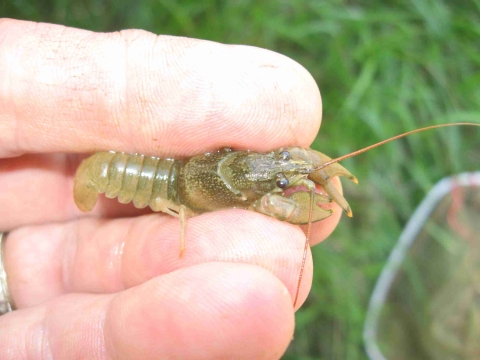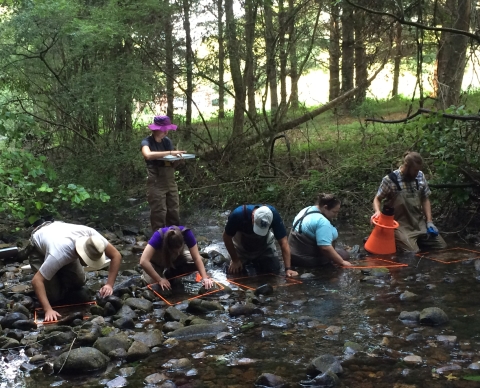About Us
The Tennessee Field Office was established in 1977 in Cookeville, Tennessee. Our team is involved in conservation throughout the state, focusing on recovery of over 100 threatened and endangered species, with the majority occurring in central and east Tennessee. Working with others, we have demonstrated success in fulfilling the purposes of the Endangered Species Act, conserving ecosystems and recovering multiple species to the point that the protection of the Endangered Species Act is no longer necessary.
What We Do
The Tennessee Field Office provides assistance to Federal and State agencies, local governments, businesses, and the general public relative to conserving, protecting, and restoring habitat for federally threatened and endangered species. Our assistance is typically provided through six programs: pre-development consultation, federal permits and projects, endangered species listing and recovery, environmental contaminants, Partners for Fish and Wildlife, and education/outreach.
Our Organization
As a field office of the U.S. Fish and Wildlife Service, we are charged with implementing the Service's programs. Below you'll find a list, with links to more information about the programs we carry out for Tennessee.
Our Species
Our staff are experts on several federal threatened and endangered species Tennessee. Learn more about the species that are the focus of our conservation efforts.
Projects and Research
Cumberland Sandwort Delisting Celebration
On April 8, the Service joined conservation partners in a celebration of the recovery of the Cumberland sandwort, which was delisted in September of 2021. This celebration with Tennessee Department of Environment and Conservation - Division of Natural Areas, Tennessee State Parks, National Park Service, The Nature Conservancy, and others marked the third time that the Tennessee ES Field Office has had the privilege of honoring outstanding results delivered through partnerships focused around implementing recovery plans for threatened and endangered species. We also took great pleasure in recognizing the contributions made over a 25-year career by Andrea Bishop, a retired Division of Natural Areas botanist who was instrumental in recovery efforts that led to the delisting of Eggert's sunflower (2005) and Tennessee purple coneflower (2014), in addition to the Cumberland sandwort. People make partnerships work, and the Service presented Andrea with a Southeast Region Recovery Champion Award to recognize her contributions to the recovery of these three species and conservation of countless other rare plant species.
Watch this video highlighting the day from the Tennessee Department of of Environment and Conservation
Get Involved
As a small office with a large work area, partnering with others is a foundation of our work - whether it be funding research, coordinating on-the-ground conservation efforts, or shepherding the next generation of conservation leaders. There may be opportunities for you to get involved conserving some of the rarest species and special habitats in Tennessee, either with us, or with one of our myriad partners.
For more information on volunteering with the U.S. Fish and Wildlife Service visit our national volunteer webpage.


